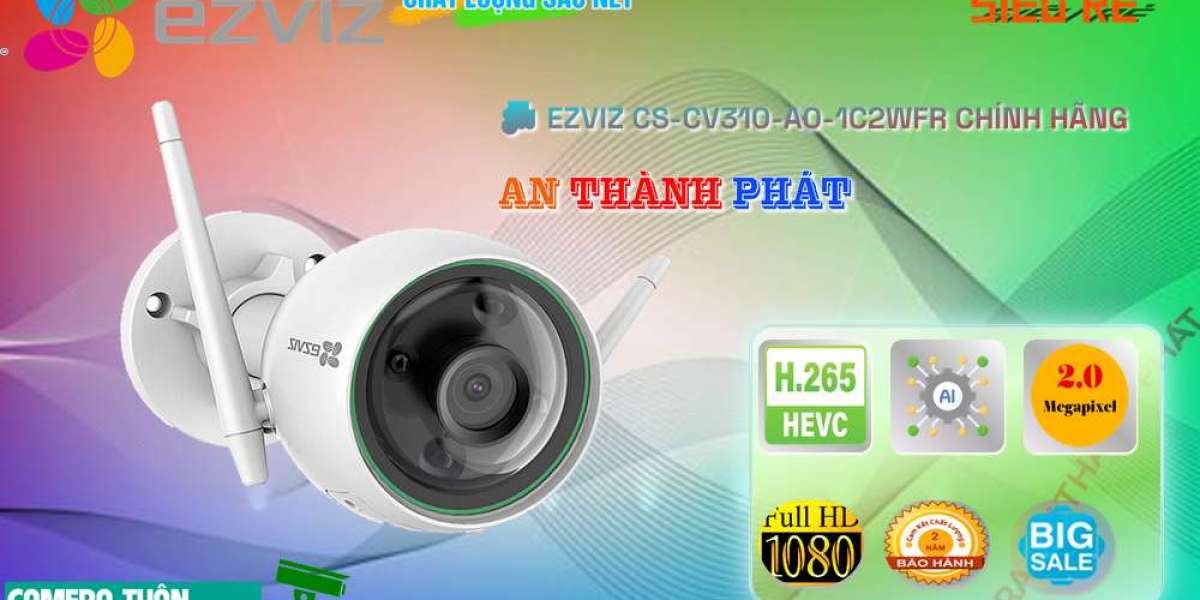Separate Business and Personal Expenses: Maintain separate accounts for business and personal expenses. This helps avoid any commingling of funds, making it easier to identify and document R&D-specific expen
es
Proper documentation of R&D expenses is essential for maximizing your potential to claim R&D tax credits. When it comes to expense documentation for tax filing purposes, meticulous record-keeping is key. Keep detailed records of all expenses related to your research and development activities, including labor costs, supplies, and any third-party contractor fees (Apply for property capital allowances). Having a clear paper trail will not only help you during the tax filing process but also serve as proof of expenditure in case of
es
Proper documentation of research and development activities is important for claiming R&D tax credits. To ensure audit protection and IRS compliance, it is essential to have your documentation organized and retained appropriately. Here are some necessary types of documentation you should m
s?
Looking to fuel your startup growth? Wondering about tax credit eligibility? Startups can indeed benefit from R&D tax credits - Best business loan options. By investing in research and development, you can potentially save money and boost in
es
To guarantee that your business's research activities qualify for the R&D tax credit, you need to meet specific eligible research criteria. This includes understanding the documentation requirements and verifying that your research activities comply with all regulations (Tax relief strategies). By meticulously following these points, you can maximize your chances of claiming the tax credit succ
s?
When claiming R&D tax credits, remember that contract research expenses are eligible, including consulting services and legal fees - Business growth funding. An interesting fact is that these expenses can greatly boost your tax savings, making them valuable de
im
By avoiding common errors, you've taken the initial step towards a successful R&D tax credit claim, and now it's time to focus on maximizing your claim value. Loans for business growth. To do this, you'll need to optimize your claim by confirming you've identified all eligible R&D projects and expenses. It's vital to work with experienced tax advisors who understand the complexities of R&D tax credits and can assist you in navigating the claim
ed
Misconceptions surrounding R&D tax credits have long hindered companies from claiming their rightful portion of savings. You may think that R&D tax credits are only for tech giants or that they're too intricate to navigate. But the reality is, these credits are designed to incentivize innovation, and you might be e
Credit Percentage Breakdown: Familiarize yourself with the specific percentages allocated to different types of qualifying R&D expenses.
Potential Savings Opportunities: Identify areas where you can maximize your tax credit by optimizing eligible expenses.
Documentation Requirements: Ensure detailed record-keeping to substantiate your R&D activities and expenses for claiming the tax credit.
Consultation with Experts: Explore seeking guidance from tax professionals well-versed in R&D tax credits to leverage their expertise.
Regular Updates: Stay informed about any changes in tax laws or regulations that might affect the percentage of credit you ca
es
Identifying qualifying R&D activities requires a detailed examination of the technical uncertainties and advancements involved in your projects. To determine eligibility for R&D tax credits, you must focus on activities that seek to achieve a scientific or technological advancement, rather than routine development work. Innovation strategies play an essential role in identifying qualifying R&D projects. Look for projects where you are resolving technical challenges or creating new products, processes, or services. Document the technical uncertainties you faced and the experiments conducted to overcome them. Make sure that your R&D activities align with the guidelines provided by HM Revenue and Customs to maximize your chances of claiming R&D tax relief - Hamilton Wood & Co business solutions. By carefully analyzing your projects and emphasizing innovation strategies, you can confidently identify qualifying R&D activities that meet the criteria for claiming R&D tax credits. Remember, thorough documentation and adherence to guidelines are key to securing a successf
Corporate tax incentives You're likely missing out on a significant cash injection if you're not claiming R&D tax credits for your UK-based business. As an entrepreneur, you can recover a portion of your R&D expenditure, which can enhance your competitiveness on the global stage. To claim, you must demonstrate resolving scientific or technological uncertainties, and your project must advance the state of knowledge in the industry (Hamilton Wood & Co property allowances). You can claim costs of employees, materials, and equipment used during R&D. But, beware of common mistakes that can lead to claim rejection. By understanding the ins and outs of R&D tax credits, you'll be able to access the full potential of this valuable incentive and supercharge your business growth journ
For those who have just about any inquiries regarding wherever and the best way to utilize Trust Hamilton Wood & Co, you are able to e mail us on our own webpage.








